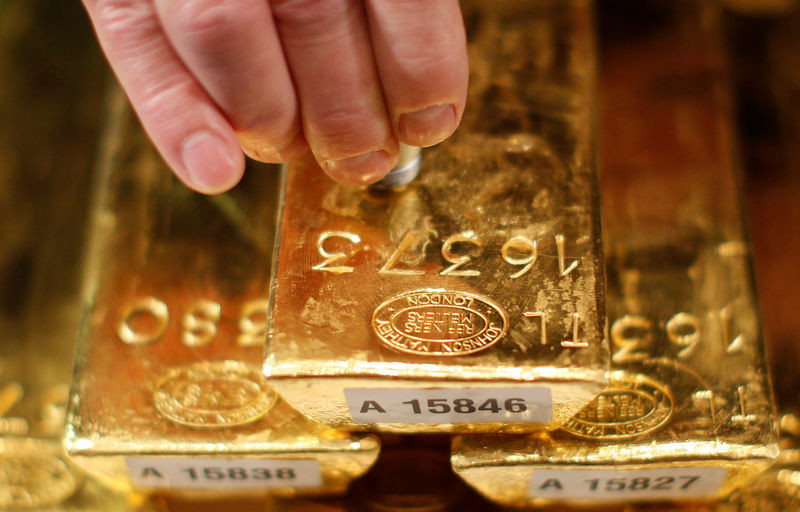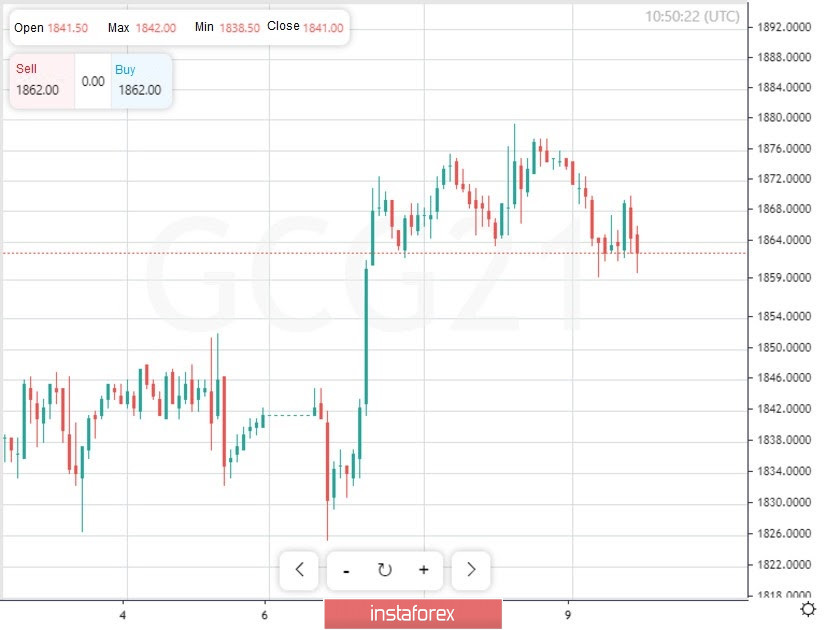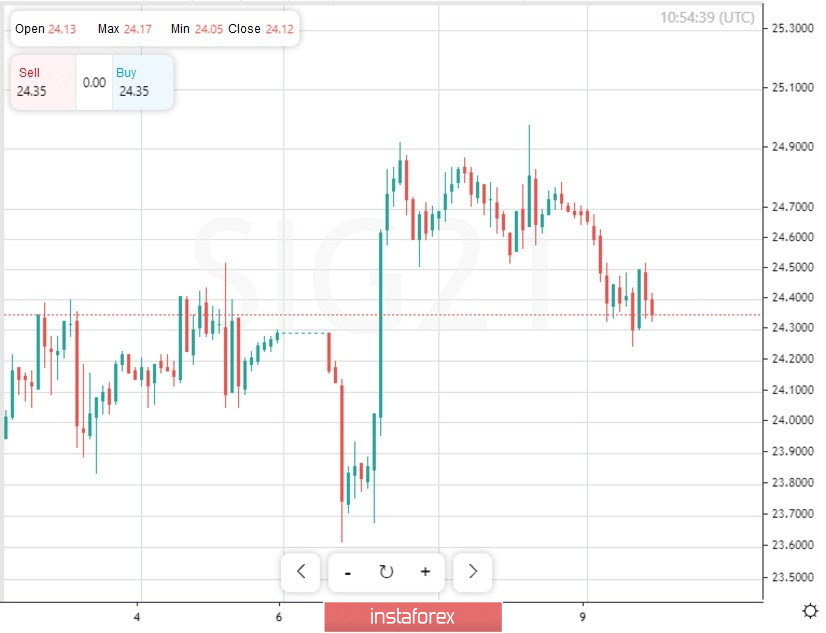
On the morning of December 9, gold is moderately cheaper in Asian trading, which is largely influenced by positive news about coronavirus vaccines. The proven effectiveness of drugs from some pharmaceutical companies, as well as the UK's readiness to become the first Western country to launch mass vaccination against COVID-19, incline market players to believe in an early exit from the prolonged and still worsening economic crisis. Investors' optimism contributes to their rejection of more reliable assets, which include precious metals.
February gold futures on the Comex New York Mercantile Exchange fell 0.6% to $1.862 per troy ounce.

March silver futures are down 1.3% to $ 24.35 an ounce.

More recently, the price of gold reached its highest level since November 23 due to some upward correction. Today, positive news around the drug designed to fight the pandemic has a significant impact on gold quotes. The day before it became known that the American regulator confirmed the effectiveness of an experimental vaccine that was developed by the American pharmaceutical TNK Pfizer together with the German biotechnology company BioNTech. This caused a new wave of optimism in the markets, and, naturally, many players preferred to get rid of a reliable safe-haven asset.
However, it is still worth recognizing that a significant drop in gold quotes is not yet typical: they are quite moderately cheaper. Experts believe that the news about large-scale financial assistance to the US economy is keeping gold from a strong fall. So, US Treasury Secretary Steven Mnuchin recently offered Congress an impressive package of additional support for the US economy amounting to $916 billion. And this is despite the fact that a $908 billion package was presented to Congress before that. It is expected that information about the upcoming incentives will restrain the decline in quotes of the precious metal until the end of this year. This is because gold is a recognized means of protection against inflation, which occurs in the country as a result of injecting an additional $1 trillion into the economy.





















